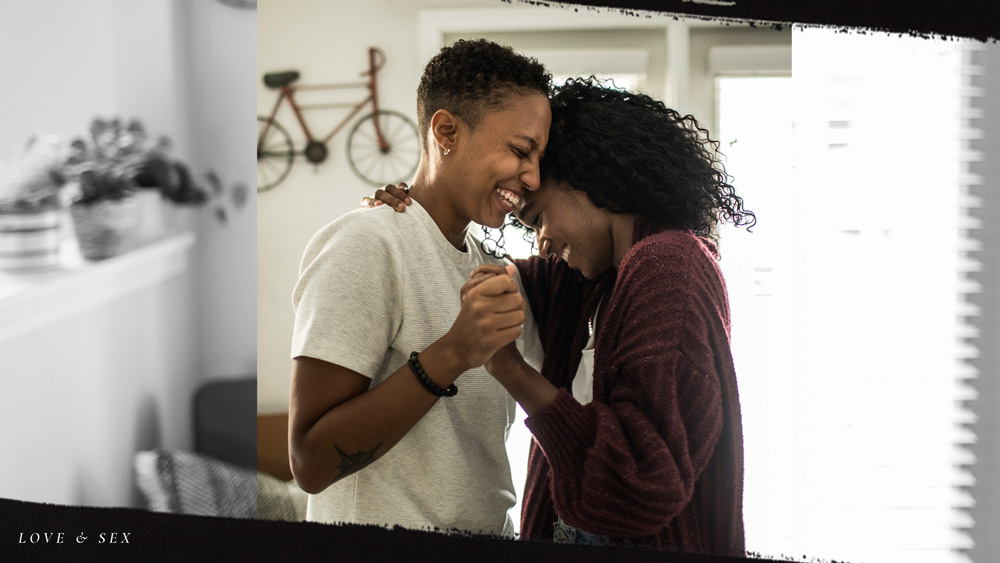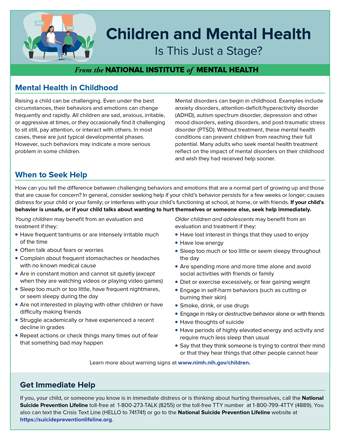
Having resilience means that you can cope with stress, emotional pain and change. This also allows you to have strength in your relationships. Your life will be easier if your are resilient.
Accepting the fact that some things change
Positive mental attitudes are a great way of increasing your resilience in dealing with changes. Focusing on the positives will reduce stress, help you manage difficult situations, and keep you motivated.
Your resilience can be increased by connecting with others. To cope with the difficulties of life, it is important to have a support network made up of close friends and family. They can give you advice and guidance, as well as provide a safe place to be vulnerable.
A second way to improve resilience is to learn how you can tolerate difficult emotions. You are vital to your health by being able manage stress and anxiety. Resilience can be developed by learning when to have a mental break, and when to talk with someone.
A go-to stress relief tool is another way to increase resilience. This could be a meditation practice, exercise, or listening to your favorite music. These things can increase your mood and release endorphins.
The strength of one's social connections
Strong social networks are important for resilience. Resilience is also a factor in physical health. Research has shown that low levels of social support can increase the likelihood of developing physical problems.

A positive outlook and resilience are both linked to resilience. Positive emotions are associated wittiness, individual fulfillment, and eudaimonic health. In the U.S., researchers have found that resilience is associated with positive emotion. However, resilience in other cultures may not be associated with positive emotion.
Research has shown that resilient people are able to have strong moral compasses and believe in something greater than they themselves. They are also eager to learn and explore.
Resilience can also be associated with being resourceful, self-disciplined, and resilient. Resilience can also be increased by being able to set realistic goals, and plan for the future.
Accepting emotional pain.
No matter what situation you are in, resilience can help to get you through. Resilience is the ability that you can adapt to and handle stressful situations.
You must develop positive mentality and good coping skills to be resilient. People who are resilient have realistic expectations and don't let bad experiences define them. They also don't allow setbacks to stop them.
Resilience is a skill that can be developed over time. It can help you cope with stressful situations, avoid mental health problems, and even protect you from future setbacks. It can also help you to be more flexible with strong emotions like anger or sadness.
Resilience development is a personal process. It involves building relationships and learning healthy communication skills. Sometimes you will need professional help. You can also develop resilience by practicing self-compassion.
These are some questions you can ask your self

It is important to be able to overcome setbacks, bounce back from defeat and overcome adversity. These skills are called resilience. However, resilience isn't innate. You can improve your resilience.
Ask yourself some questions about resilience if your stress levels are high. If you know what your strengths are, you will be better equipped to determine what you need to do in order to boost resilience.
You might find that you are able to handle pressure or setbacks better than others. You might also notice a positive outlook on yourself and a greater appreciation for life.
Spiritual practices can also help increase resilience. Writing about your traumas and meditation can help you gain perspective.
FAQ
My boyfriend wants sex with I, but it's not something I want. What should you do?
Sex is an intimate experience. It requires trust between partners. If one partner feels unsafe, uncomfortable or uneasy during an act, it's unlikely the other will enjoy the experience.
So if you're feeling nervous or scared, it's understandable that you'd prefer to avoid sex.
However, you shouldn't force yourself just because you're afraid of hurting your boyfriend's feelings. Instead, talk about your hesitations with him.
Ask him if it's something he believes you're ready for. Ask him what would make him feel at ease.
Listen to him. Don't judge him solely on your emotions.
If he claims he doesn't wish to pressure you, you can relax. If he insists that he wants to have sex with you, you will need to find a way to overcome those fears.
You could simply practice safer sex. Or it might involve talking to your doctor about birth control methods.
Regardless of what you decide to do, remember that you deserve to be happy. If you're concerned about hurting the feelings of your boyfriend, then you owe them both the responsibility to find a solution.
Can I trust my girlfriend/boyfriend?
It is normal for you to worry about whether your significant other can be trusted. It's normal to worry about whether you can trust your partner.
Talk to your partner if you have any doubts about the relationship. Ask them to verify their reliability.
If they reply positively, you should continue to see them. You should not be able to give them negative feedback.
What should I do after a breakup to start dating again?
There is no one rule that will dictate how long you should wait before dating someone else. However, there are some guidelines that can help you make the right decisions.
Consider whether you are emotionally ready and able to get back in a romantic relationship.
Are you still upset about the past relationship? Do you struggle to cope with the hurt from your past relationships?
If you are still having trouble with these issues, waiting until your abilities improve could be a smart move.
But if you have moved past your initial grief, and are ready to move forward, you don’t need to wait.
Also, consider how well you both got along. Have you ever spent time together other than in the bedroom?
Did you share interests and hobbies? Did there seem to be a lot of laughter?
If you had a wonderful time together, you'll likely have no trouble finding another partner.
You might find it difficult to connect with other people if you don’t feel connected. In such cases, it might be a good idea to give yourself more healing time.
Finally, think about your current situation. Are you working or attending school?
Do you have children? Are they old? What kind of schedule do you need?
These questions can help determine if you are able to dedicate enough time to a relationship.
Asking yourself these kinds of questions can also help you avoid making bad decisions. Do not rush to do anything if you fear missing out.
How long does it take to break up?
People often wonder how long it takes for a relationship to end and if it is worth it. No matter how hard we try, we won't always be successful in breaking up.
But if you're trying for an end to a relationship with someone who won't listen, it might take longer.
Even if everything has been tried, it's possible to fail. This is because some couples simply aren't meant to be together.
You should talk to someone first if you want to end your relationship with them. Tell them that you made a decision to end your relationship with them and ask them if this is their view.
If they agree, you should continue with your plan. You should consider your options if they disagree.
Statistics
- Why Relationships Matter Find a therapist to strengthen relationships With the national rate of divorce hovering close to 50 percent, people understandably wonder how they can make a relationship last. (psychologytoday.com)
- After analyzing the data and controlling for the influence of other personality traits and demographic factors, she found that gritty men were 17 percent more likely to stay married. (time.com)
- Meanwhile, a 2010 study of twenty-three thousand married couples found that the similarity of spouses accounted for less than 0.5 percent of spousal satisfaction. (time.com)
- It's less than 1% of the variation in overall marital satisfaction. (time.com)
External Links
How To
How to start a good relationship
For people to create unforgettable experiences, they don't have to spend a lot of money. Only two things are needed to create memorable experiences for people - passion, and persistence.
Passionate people with a desire to make a difference in others' lives. Persistent people stick at it until they achieve what they set out to do.
To begin a relationship, you only need to:
-
Find people who share your passions. These people could be your family, friends, co-workers or neighbors, as well as classmates.
-
Get to know them. Ask them lots of questions. Learn about what interests them. What motivates them? How did they end up where they are today?
-
Share your passions with them. Share what you love with them. Show them what excites and inspires you.
-
Give them something back. As much as possible, help them. Be generous. Pay attention. Pay attention to details.
-
Keep working together. You'll one day look back and see that you have built a wonderful friendship.
-
Stay positive! Negative people don't want to be around.
-
Enjoy life! Life's too short to spend it stressing about stuff you can't control.
-
Have fun. It's about more than money and work. There are many other aspects to your life.
-
Put effort into your relationships. Treat others as you would want to be treated.
-
Keep your head down. Remember that everyone has strengths as well as weaknesses. You're no different.
-
Take chances. Going beyond your comfort zone is the best way to discover how far you can go.
-
Love deeply. If you give your heart to someone else, it expands.